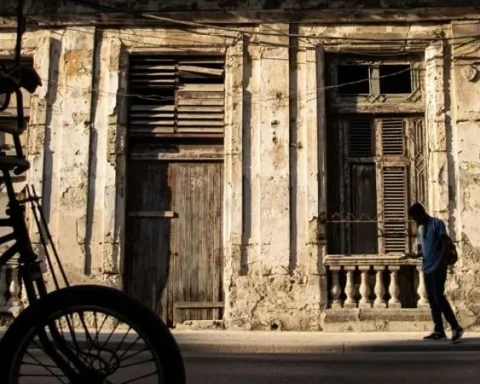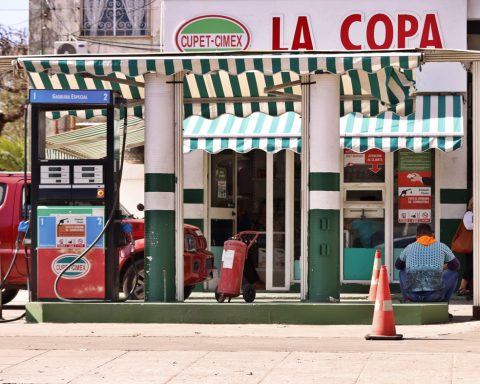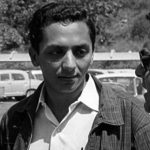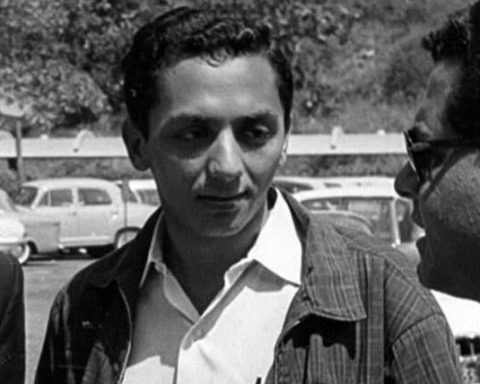Havana Cuba. Contrary to what many suppose his close friendship with Fidel CastroThe Colombian writer and 1982 Nobel Prize for Literature Gabriel García Márquez (1927-2014) —although he was always on the left— felt a strong rejection of communism.
In 1955, García Márquez was a member of a cell of the Colombian Communist Party for a few months, but he left it, frightened and in a hurry, when, according to Dasso Saldívar in his 1997 book García Márquez: The journey to the seedthey made “the dogmatic suggestion, against literature, that the mythical scope and lyrical style of his novel (the only one published up to that moment, Litter) were not the most adequate to delve into the Colombian reality”.
If Gabo had followed the suggestion of those comrades, we would have missed literary monuments like one hundred years of solitude either Love in the Time of Cholera.
The trips he made between 1955 and 1957 to Poland, Czechoslovakia, East Germany, Hungary and Russia, in the company of his friend and colleague Plinio Apuleyo Mendoza, fueled García Márquez’s disenchantment with communism. This is demonstrated by the reports about him that, grouped under the name Ninety days after the Iron Curtainpublished in the Bogota magazine stickers.
It seemed to García Márquez that the socialism implanted by the Soviets in the countries of Eastern Europe did not work, since it was “a strange straitjacket that suffocated their peoples, since the revolution had not sprung from their own historical needs, but rather they had brought it from Moscow in a trunk, to put it there without counting on them”.
In his reports dedicated to East Germany, García Márquez referred to its inhabitants as “a ravaged, embittered, ragged, depressed people.” It was incomprehensible to him “that the people of East Germany had seized power, the means of production, trade, banking, communications, and yet they were a sad people, the saddest he had ever seen.”
The impression he got from the Soviet Union and Hungary was no better, where the traces of the 1956 rebellion and the bloody Russian invasion were still fresh.
I quote Dasso Saldívar again: ”What García Márquez had seen in the Soviet Union and its satellite countries was a shabby socialism that seemed more like a tragic mockery of the socialism imagined and preached by Marx and Engels. There was no such dictatorship or government of the proletariat, but rather the dictatorship of a dogmatic, obtuse and rapacious bureaucracy, presided over by a gerontocracy which, in turn, was presided over by a dictator, the secretary on duty of the communist party; there was no such state of the proletariat, but an all-powerful state armed to the teeth at the primary service of that bureaucracy; there was no indication of transformation of the state in forms of self-management of civil society, but rather an increasingly centralized, strong and dehumanized state; there was no development and accumulation of wealth, but the distribution of ever-greater poverty…”.
That scenario hardly differed from the one that prevailed in Cuba at the time that García Márquez became friends with Fidel Castro, but the Colombian writer did not seem to mind too much.
And it is that García Márquez’s weakness for Fidel Castro, more than politics and ideology, weighed on the writer’s fascination for the personality of the bearded Cuban dictator. For García Márquez, who was obsessed with the loneliness of the powerful, Fidel Castro was a case study. And it was not long before one of his Macondian characters did it.
OPINION ARTICLE
The opinions expressed in this article are the sole responsibility of the person who issues them and do not necessarily represent the opinion of CubaNet.















